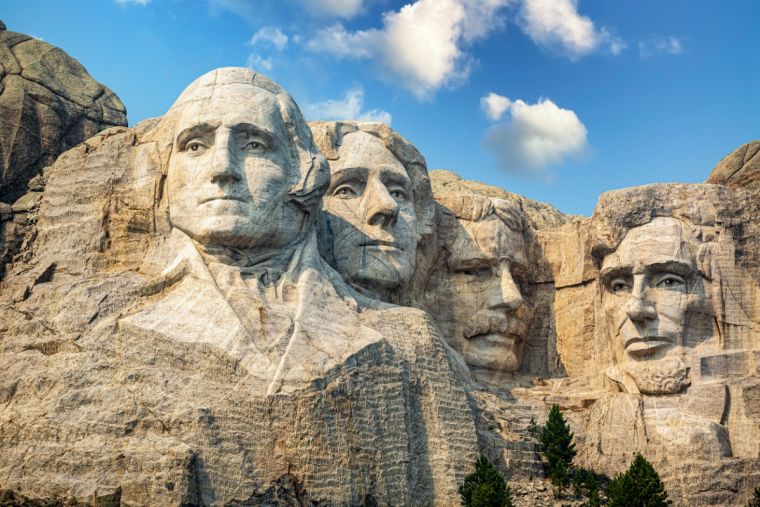If American history read like the Bible

Debates over critical race theory are not just about history; they are also about the future of the country.
At their extremes, one side wants to gloss over the evils of our past while the other extreme wants to rub our noses in it. One side claims to be patriotic; the other argues that, at its core, the American experiment is corrupt. One side promotes the status quo; the other calls for revolution.
Is a middle position possible? Can we be both sinful and good?
There is a natural tendency of nations to trumpet their successes and virtues rather than their failures and vices. Some even deify their leaders, or at least claim that they are divinely inspired. They are heroes struggling against their enemies until they are victorious.
Until the mid-20th century, the Catholic Church followed this same pattern. Catholics were the good guys; Protestants were the bad guys. We ignored the Renaissance-era chaos of the Borgia popes and centuries of church corruption and only talked about the saints. (Protestant churches did the same thing, not talking about the wives murdered by Henry VIII or Martin Luther's siding with the princes against the peasants.)
For both nations and churches, history was propaganda.
There is one nation that did not follow this pattern when looking at its past, and that is ancient Israel.
The Bible reports that Israel's past is full of corrupt and foolish kings. Even the best of them — Moses, David and Solomon — were sinners who strayed from the path God set before them. Israel's elites ignored the plight of the poor and got into foolish wars. Nor were the people always faithful. They too turned away from God and embraced false gods.
And when Israel turned away from God and his covenant, it suffered defeats and disasters.
The history of biblical Israel is not the story of a great people but of a great God who remains faithful to his people despite their sins. He constantly calls them to return to the covenant, to return to him.
Can we learn from the Bible how to look at American history?
If Abraham, Moses, David and Solomon were sinners, why are we surprised that George Washington, Thomas Jefferson, Franklin Delano Roosevelt and John Kennedy were also flawed? The Bible can honor Abraham, Moses, David and Solomon for their achievements while at the same time noting their sins and failures. Can we do the same with our historical figures?
If the Bible can criticize Israel for foolish wars, can we not question the wisdom of our wars in Vietnam, Iraq and Afghanistan? Can we honor the bravery of our soldiers while condemning the mistakes of their leaders?
Can we acknowledge the original sin of slavery, while recognizing great progress has been made against racism while still more needs to be done?
In the Bible, we hear not only from historians, but from critics in the prophetic books and from scholars in the wisdom books. A healthy country has a balance among political leaders, critics and scholars. When the politicians dominate, we have authoritarianism. When the false prophets dominate, we have the chaos of fake news. When know-it-all scholars dominate, we have elitism.
In the Bible, God calls on Israel to repent and return to principles articulated in his covenant with them. If we looked at American history through a biblical lens, we would see our failings and the call to return to the principles of freedom and equality articulated in our founding documents.
© Religion News Service











